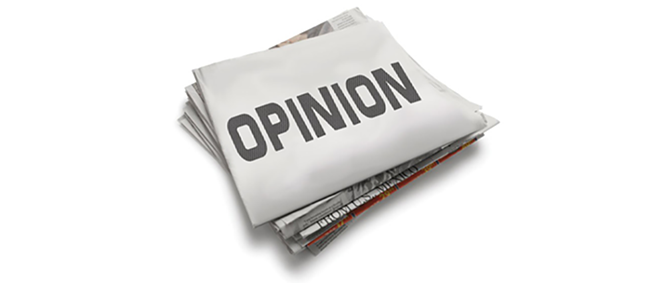
It seemed like it had been a long time coming. Americans held their breath as Kyle Rittenhouse, the snotty-nosed man-child who'd violated multiple laws and ended two lives, had reached his judicial day of reckoning.
Just like the moment when I heard that John Kennedy had been shot, I will remember where I was when the Rittenhouse verdict was read. It was beyond belief for many. Rittenhouse walked away a free man, and many were outraged by the verdict. I was one of the angry ones, feeling justice had been cheated.
It took me just a few hours to change my mind.
The reality was that I, along with other Americans, had been selectively groomed by the pre-trial press releases—which had shaped the case into something it was not. Rittenhouse had been portrayed as a kid who knowingly went to a riot with the intent to kill. It had certainly worked on me; I assumed a slam-dunk outcome for the killer. He would be found guilty of murder.
Despite Kyle Rittenhouse's thirst for appearing virile and manly, his misguided excursion into junior Rambo-hood proved only three things—that guns are dangerous, that armed confrontation begets armed confrontation, and that baby-faced dweebs don't belong anywhere that there's a potential for violence. What went wrong? Willy Nelson could have provided some invaluable advice: "Don't take your gun to town, son."
Unfortunately, Kyle was too immature to consider the realities that would face him as he inserted himself into the middle of a riot. At best, he was pitifully naive. No good could come from it, and I still believe he was anxious—even enthusiastic—to pull the trigger to show his own importance.
The fact that there were lots of other armed men in Kenosha that night—pumped up on adrenaline and testosterone—virtually guaranteed that Kyle would face moments of fear, when fight or flight demanded a decision. Any mature person would have anticipated it. In a very real sense, Rittenhouse chose the outcome—but so did the rioters. They all made horribly bad decisions, and all were in the wrong.
It had all seemed so simple to Kyle: He would illegally cross a state line with a weapon he was prohibited from possessing, flaunt the special curfew which had been mandated to avoid violence, and represent himself as a paramedic, on a mission of mercy to the angry mob that had gathered to protest yet another needless police killing—of Jacob Blake, an unarmed black man.
I wasn't alone as the jury foreman read the Kyle Rittenhouse verdict. Anger welled inside me. Two people are dead from Rittenhouse's actions, while another struggles on the long road to recovery.
During the trial, I had been forced to acknowledge the same videos used in Kyle's defense, so the jury's announcement of acquittal was actually predictable. His attorneys had done a good job in steering the jury. Videos taken by onlookers had created a very substantial and reasonable doubt. Between statements made by Kyle's defense attorneys, and the show-my-true-colors, unjudicial behavior of an unabashedly-prejudiced Judge Bruce Schroeder, the court sessions nailed the outcome—that a cautious and responsible jury could never find the shooter guilty of murder.
My anger over the jury's decision was short-lived. After hearing interviews of several prominent legal scholars, I was forced to reconcile the outcome with a more balanced view. There was no question that Kyle Rittenhouse, who probably required his mother to burp him in between gunshots, was genuinely afraid for his life at the time he fired. The defense was effective in getting that point across, and the jury members unanimously understood. Remember, we're not looking at the surrounding events—or even Kyle's pre-riot thought process—we're only looking at what happened, including Kyle's frame of mind, just before he pulled the trigger. Though it may seem totally unfair to dismiss Rittenhouse's culpability, the facts supported acquittal. The system worked.
That said, Kyle Rittenhouse was a misguided, importance-seeking Baby Huey, who insisted on creating danger for himself and others. He may not have intended to kill, but he went to the riots understanding that he would face danger. So did the rioters—many of them also carrying firearms—who went on a rampage that night. Property was damaged, there was violence and, in the end, people died.
It could all have been avoided had there been a modicum of sense in those who participated.
And then there's the obvious answer. None of this would have ever happened were it not for ineffective and inadequate gun laws. If Kyle Rittenhouse hadn't been able to illegally purchase and carry an assault rifle, none of this could have ever happened.
The author is a retired businessman, novelist, columnist, and former Vietnam-era Army assistant public information officer. He resides in Riverton with his wife, Carol, and the beloved ashes of their mongrel dog.